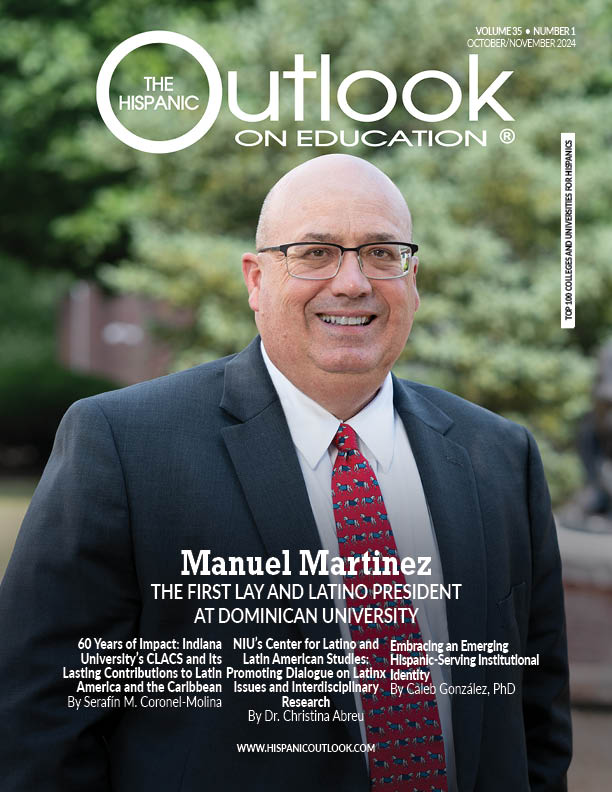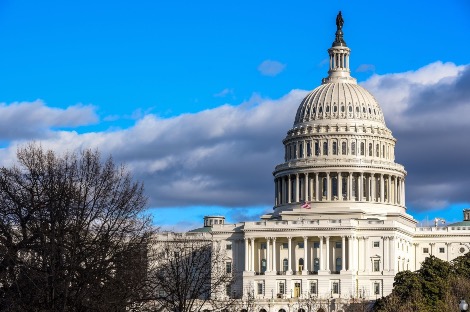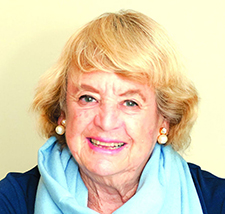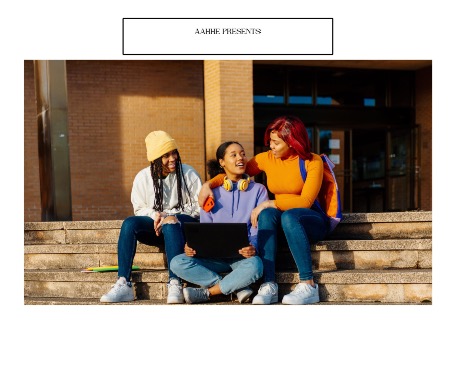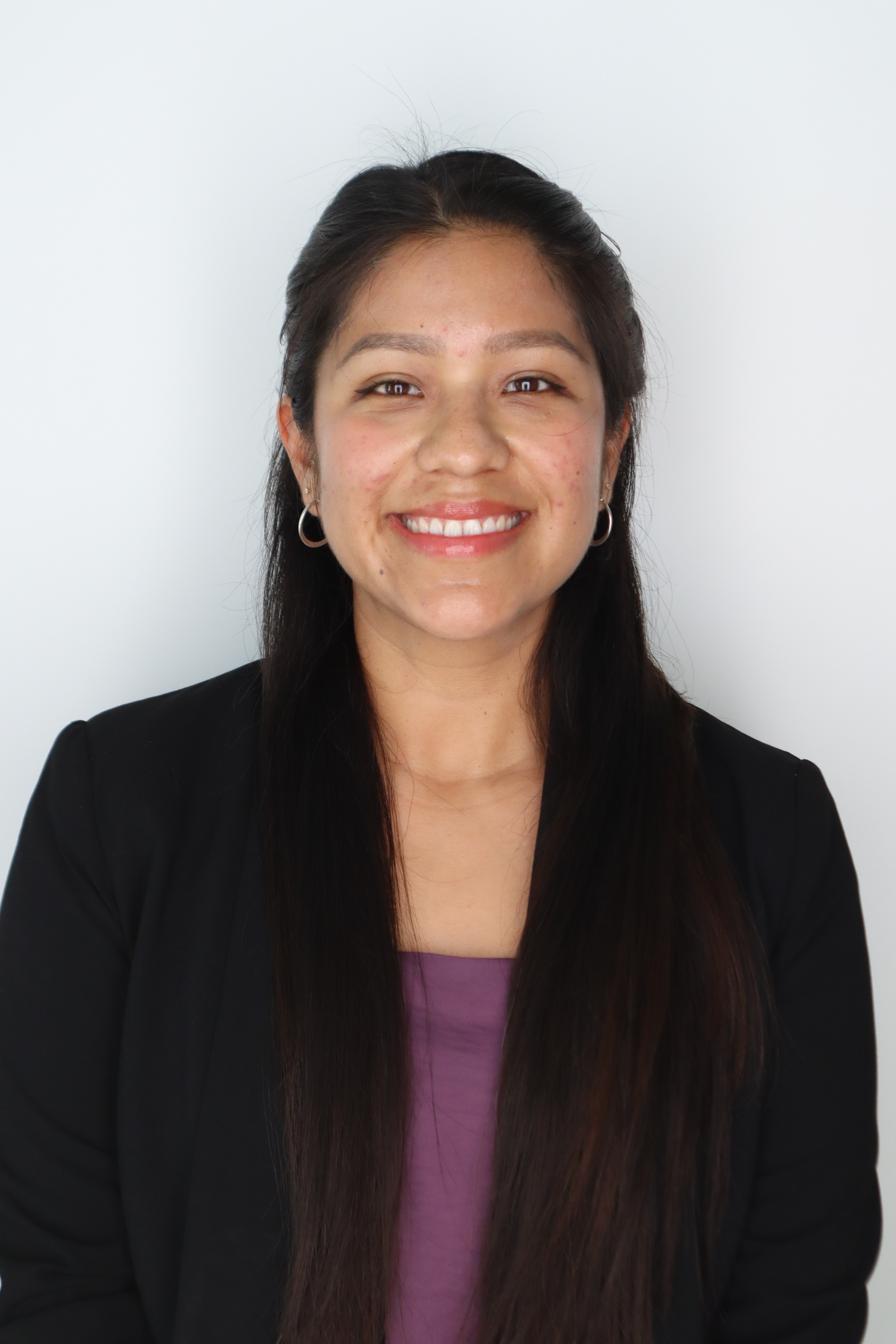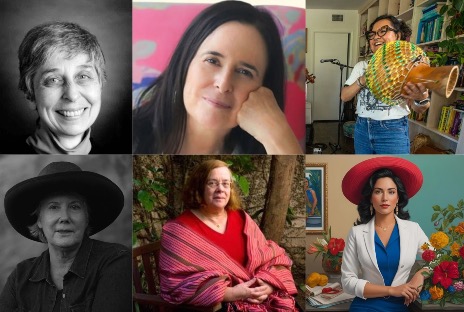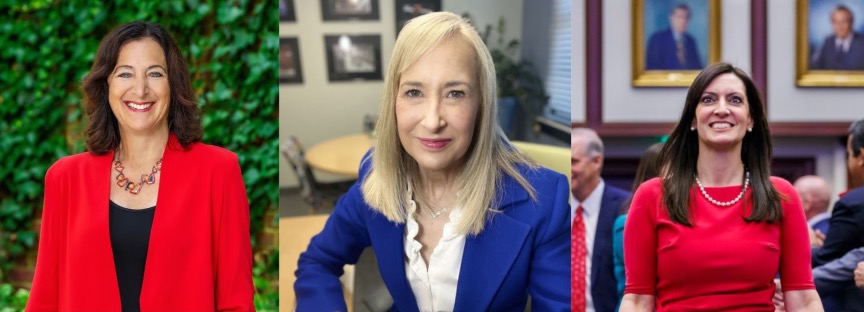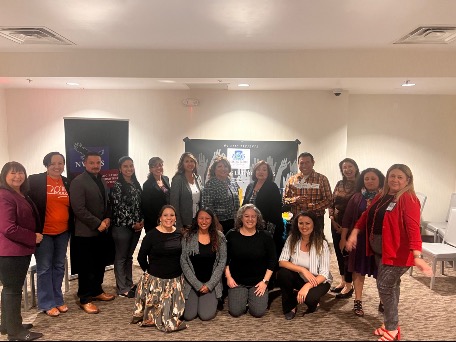The Hispanic Outlook on Education (HO) is a national monthly magazine that provides education
news, innovations, networking, resources and the latest trends impacting students from
kindergarten through graduate school all while maintaining a unique Hispanic perspective.
Originally entitled The Hispanic Outlook in Higher Education, HO has provided a pipeline
delivering nationwide news about multicultural accomplishments and challenges in classrooms
for over 30 years.
During the year, HO has special theme issues that place particular emphasis on specialized
topics including Financing a College Education, Community Colleges, Graduate Schools, Medical
Professions, Arts and Media, Law Schools, Hispanic Hiring Institutions, and the Top 100 Schools
for Hispanics.
Terms and Conditions


